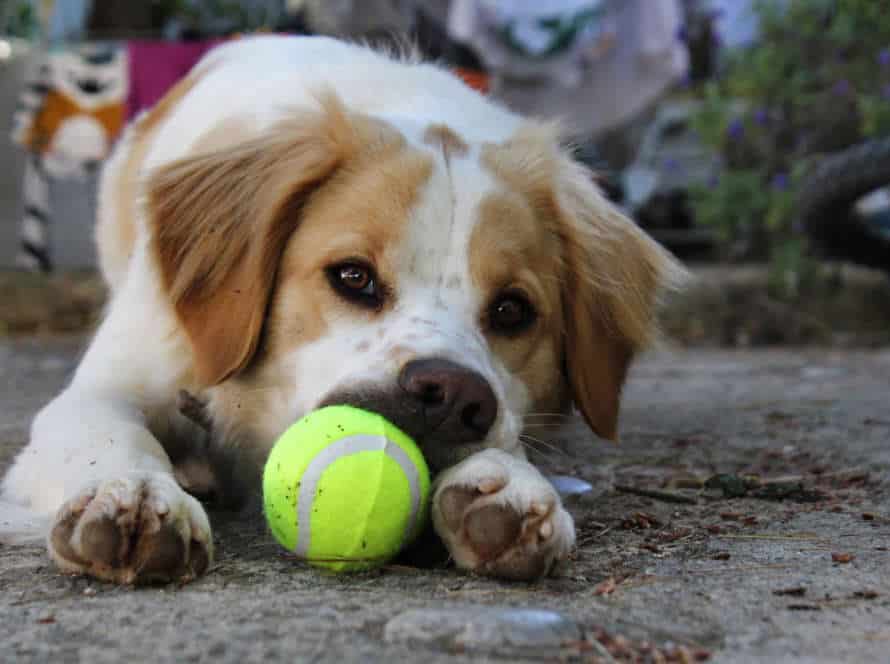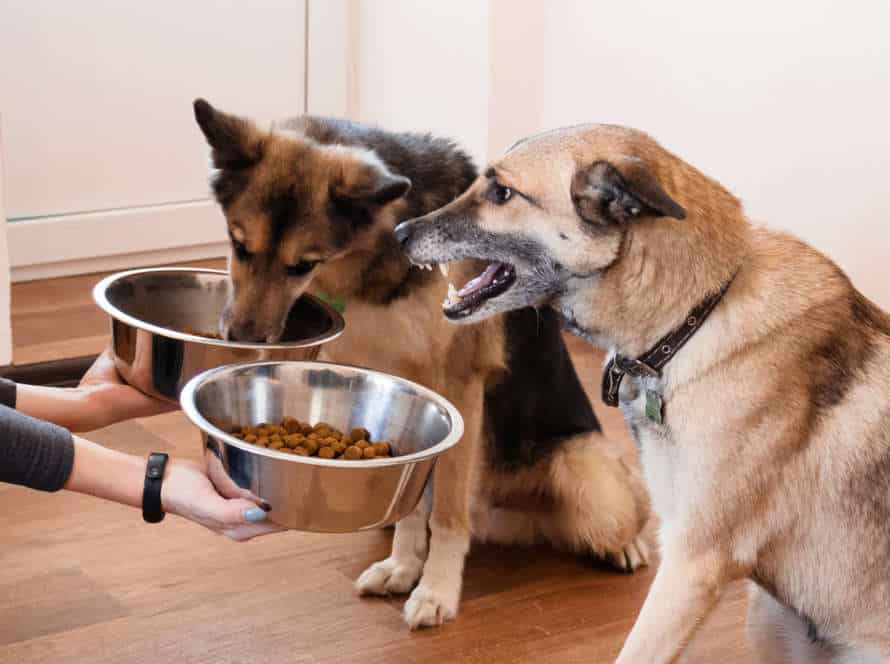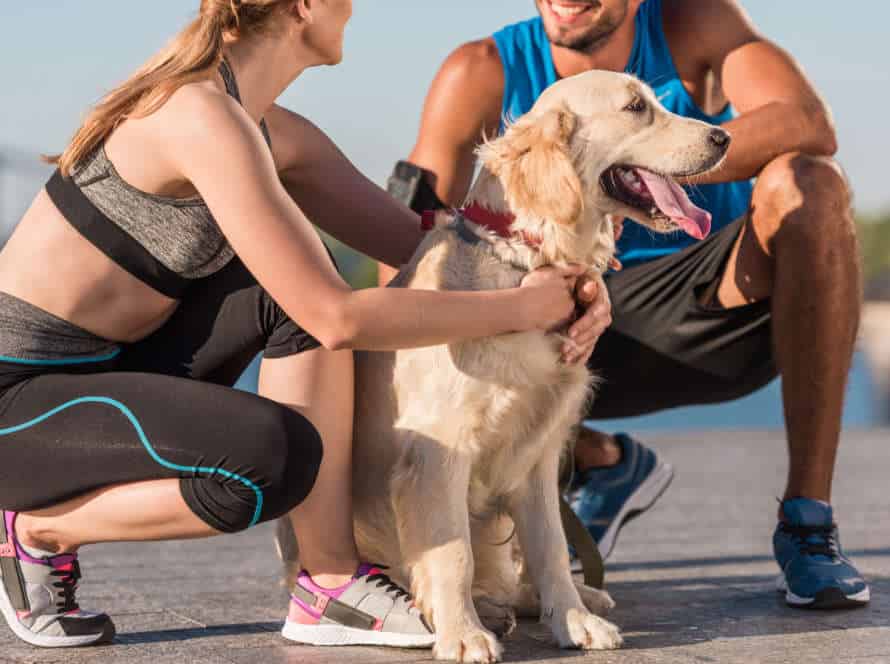Skipping Puppy Classes: Why It’s a Bad Idea
Skipping puppy classes is a bad idea. It stops you and your furry friend from getting the benefits that come with it.
Puppy classes give your puppy a chance to socialize with other puppies and people in a secure place. This helps your pup learn how to be friendly and relaxed with others.
It also teaches basic commands like sit, stay, come and heel. Training and socializing your pup when they’re young stops behavioral issues later.
At puppy classes, you can get advice on caring for your pet. If you don’t go, behavioral problems could mean giving up your pup.
The benefits of puppy classes are many: a closer bond between you and your pet.
Don’t miss out – puppy classes give your pup the best chance of a happy life with you.
The Importance of Puppy Classes for Socialization and Training
Puppy classes are a must! They give pups vital social skills and basic training. Without classes, puppies miss out on important life lessons. They have a small time frame to learn how to accept people, animals and objects. Pups learn these skills and obedience commands in puppy classes through play and rewards. So why are puppy classes so important to your pup’s growth? Let’s find out!
Teaching Basic Obedience Commands
Training your pup essential obedience commands is essential for their wellbeing. Obedience classes make this process much easier!
Puppy classes are specially designed to help with introducing puppies to new experiences, people and other dogs in a controlled environment. It’s very important for pups to socialize. In these classes they’ll learn commands like sit, stay, come and heel. Plus, the classes will focus on positive reinforcement. Not attending these classes can lead to under-socialized and problematic behavior in your pup.
It’s important to remember that all puppies learn at their own pace. But early training creates a strong foundation for later success. Puppy classes give your pup that strong foundation while socializing them with other dogs and people. They have a supervised, controlled setting, so your pup can learn boundaries and you can find solutions to any challenges you may face.
Pro Tip: Appropriate socialization and training can result in long-term obedience and a satisfied pup-parent relationship. Don’t wait too long to sign up for puppy classes!
Encouraging Positive Behaviors through Reward-Based Training
Reward-based training is a positive technique to get good behavior in dogs. It’s simple: reward good behavior with praise, a treat or toy, and ignore negative behavior. You don’t need to use pain, fear or intimidation.
Attending puppy classes is a great way to practice this. Socialization, basic commands and manners can be taught there. Not attending classes can lead to anxious, aggressive and hard-to-control dogs. So, enroll your puppy in classes to give them the best start!
Helping Puppies Learn to Interact with Other Dogs and People
Don’t skip on enrolling your pup in puppy classes! It’s vital for their socialization and obedience training. These classes offer a chance for your puppy to meet other dogs and people in a supervised environment. This is essential for shaping their behavior in the future. Puppies that miss out may develop fear and anxiety, or even aggression.
Puppy classes also give obedience training and teach basic commands. Training your pup early helps to create a strong bond between you and your pet, while helping to stop bad behaviours.
Bypassing puppy classes is not a good idea. It may cause more harm than good by not addressing problematic behaviors. Invest in your puppy’s future and enroll them in a puppy class. Build a fulfilling relationship that lasts a lifetime!
The Risks of Skipping Puppy Classes
Puppy classes can be invaluable. They teach socialization, basic commands, and more. Yet, some people don’t attend due to money, preferences, or no option. But skipping these classes can have bad effects on your pup’s growth. It could even lead to future behavioural issues. In this article, we’ll look at the potential risks of skipping puppy classes.
Behavioral Issues Due to Lack of Socialization
Lack of socialization can cause many behavioral problems in puppies; thus, puppy classes are necessary.
Here are some of the issues:
- Fear & aggression – even biting & aggression – towards other dogs & people.
- Separation anxiety – excessive barking, destruction, & escape attempts.
- Poor house training & poor impulse control.
Puppy classes provide exposure to social situations and teach how to interact properly with other dogs & people. They also aid in house training & life skills. Skipping puppy classes can result in major risks and long-term consequences. Pro tip: Attend puppy classes – and prioritize puppy training & socialization – for a content & obedient pup!
Difficulty in Training
Training a puppy can be hard. Not doing puppy classes can be bad for them. Puppies need training to learn basic commands, socialize with other dogs and form positive behaviors.
Not doing puppy classes has risks. One, is missing the chance to socialize and learn social skills with others. Two, it can cause increased behavioral issues like aggression and anxiety. Three, puppies may have trouble learning commands as they get older.
It’s important to enroll puppies in obedience classes and invest in their training and development. That way, they can have a happy and healthy relationship.
Increased Risk of Aggressive Behavior
Skipping puppy classes? Not a great idea! It can lead to aggressive behaviour in your pup.
Puppy classes provide socialisation, training and a chance to be around other dogs and people. These experiences help shape your pup’s behaviour and make them better adjusted, friendly and obedient.
No puppy classes means no learning how to act around other pets and humans. Plus, no bite inhibition. This can lead to biting and aggression later in life.
They may also bark too much, be destructive and have separation anxiety.
So, don’t skip puppy classes. Get your pup enrolled in training as soon as possible for best results.
Alternative Training Methods for Your Puppy
Puppy Classes are key! Socialising puppies with other animals and people in a safe place is important. If you don’t go to classes, they may develop behavioural issues that are hard to resolve.
So, let’s chat about alternative socialisation and training methods for puppies!
Socialization through Playdates and Dog-Walking Groups
Socialization is key for pup wellness. Playdates and dog-walking groups can be a great way to give your pup social practice, and get them out of the house. But classes are still valuable too, as they provide structure and let trainers watch your pup’s health and growth.
Here’s some tips to make the most of playdates and dog-walking groups:
- Choose a group with similar-aged and sized dogs, to make sure everyone is safe.
- Set rules and boundaries, like no aggression and good behaviour.
- Monitor your pup’s body language and reactions, to keep them comfortable and safe.
Pro Tip: Always keep safety in mind. Choose a reliable group, and always watch your pup!
Training through Online Resources and Tutorials
For puppy training, there are a bunch of online resources and tutorials. But, omitting puppy classes might not be the best for your pup’s development.
Online training gives you the benefit of learning at your own speed and on your timetable. YouTube, Udemy, and Coursera offer lots of courses for puppies of all ages and skill-sets.
Still, online courses cannot replace the socialization and hands-on teaching that puppy classes offer. Puppies learn through playing with other dogs and interactive activities. In-person classes provide a secure environment for your pup to learn basics and manners while mingling and playing with other pups. Expert trainers can watch your pup and give feedback about their progress and behaviour.
So, online resources can complement your pup’s learning, though puppy classes are vital to their socialization and behaviour development.
In-Home Training with a Professional Trainer
In-home training with a pro is a great way to train your pup. But, totally skipping puppy classes is a no-go. Here’s why:
- Socialization – Puppy classes give your pup a chance to meet other doggos and learn social skills.
- Exposure – Different environments, sounds and people make for valuable exposure to help stop behavioural issues.
- Guidance – Professional trainers at puppy classes can give owners tips to increase the bond between them and their pup.
In-home training with a pro should go along with puppy classes for a complete training experience. Pro Tip: Socialization is key for a well-behaved dog, don’t miss puppy classes!
Conclusion: The Long-Term Benefits of Puppy Classes
Summing up, puppy classes offer lots of advantages for puppies and owners over the long haul. Not only do they give pups vital training, but they also encourage socialization, strengthen owner-pet relationships, and help keep future behavioral troubles away. Omitting these classes can lead to badly trained dogs which are hard to manage and exhibit behaviors like aggression or damage.
Puppy classes provide a structured environment where dogs can learn and develop. They offer expert direction and socialization opportunities that can’t be replicated at home. So, it’s highly recommended that all new dog owners join puppy classes for the benefit of their pet and themselves.
Frequently Asked Questions
1. What are puppy classes?
Puppy classes are training sessions designed for puppies to learn basic obedience, socialization, and other necessary skills.
2. Why is it a bad idea to skip puppy classes?
Skipping puppy classes can result in behavioral problems in puppies, including fear, aggression, and anxiety, which can become more difficult to manage as the puppy grows older.
3. Can I train my puppy at home instead of attending classes?
While it is possible to train your puppy at home, it is not a substitute for attending puppy classes. Puppy classes provide socialization opportunities with other dogs and people, which is essential for a well-rounded and well-behaved adult dog.
4. When should I start taking my puppy to classes?
Most training professionals recommend starting puppy classes as early as 8 weeks old. This is because puppies are most open to socialization and training during their early developmental stages.
5. How long do puppy classes last?
Puppy classes typically last for about six weeks, with sessions running for about an hour each week.
6. Who should teach puppy classes?
Puppy classes should be taught by certified and experienced trainers who specialize in positive reinforcement training methods. Look for trainers who are certified by the Certification Council for Professional Dog Trainers (CCPDT).







